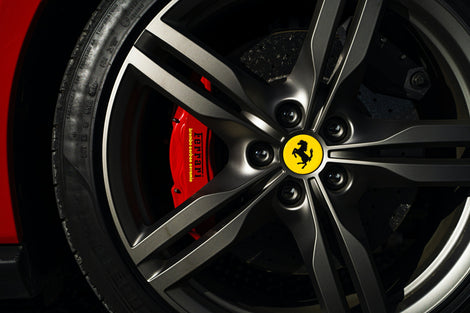How To Avoid Expensive Car Repairs
Cars are expensive to repair, but they don't need to be. If you follow a few simple tips and practice good car maintenance, you can reduce the frequency and cost of your car repairs.
Take Care of Your Vehicle
When you take care of your vehicle, you can help to avoid expensive car repairs. It's important to ensure that your car is running at peak performance to last as long as possible and be safe for the people inside. That means performing routine maintenance and checking for any warning signs that something might be wrong.
Routine maintenance includes oil changes, tire rotations, and other preventative maintenance like changing filters and checking fluid levels. This kind of work helps keep your car running smoothly so it doesn't break down unexpectedly.
Take Your Car To A Mechanic When It Needs
Taking your car to a mechanic when it needs it, not just when it's convenient for you, can help you to avoid expensive car repairs. If your car makes a strange noise or has other symptoms of a problem, don't ignore them! The longer you wait to get your car fixed, the more likely it is that the problem will get worse and the more expensive the repair will be.
Don't Skip Maintenance Trips
Car maintenance is an inconvenient fact of life. But if you skip your regular maintenance trips, it can cost you a fortune in expensive repairs.
The best way to avoid this is to stick with a schedule and get your car serviced regularly. This is especially important if you have a newer car because many of them require different types of service or more frequent intervals between checkups.
What happens if you don't take care of your car? You'll end up spending money on repairs that could have been avoided had you taken care of the problem before it got out of hand. The longer you wait before getting your car repaired, the more expensive it will be because it will take longer for the problem—and any other related problems—to worsen.
Watch where you drive.
When driving, it's important to pay attention to your surroundings. The road conditions can vary depending on where you are and what kind of weather you're experiencing. Be on the lookout for potholes, slippery roads, poorly lit areas (especially at night), and bridges with low clearance. These are all common causes of car damage that can be avoided with a little bit of caution.
Be Gentle On Your Gas Pedal & Brakes.
The gas pedal is hard on your engine: The harder you press down on it, the more pressure there is in your engine's cylinders. This stresses seals, gaskets, and other parts that make up the internal combustion process. It's why a car engine can blow a head gasket if you race it too much—or if you drive it gently for an extended period of time.
The brakes wear out faster when used too much: While some driving conditions may require frequent braking (for example, driving in snow or rain), using them excessively can lead to rapid wear-out of pads and discs. They've been designed to last longer if used gently rather than slammed down repeatedly during hard stops from high speeds or prolonged periods spent at low speeds with frequent stops.
Conclusion
So, if you’re looking to avoid expensive car repairs, hopefully, these tips can help you keep your car running for as long as possible.

